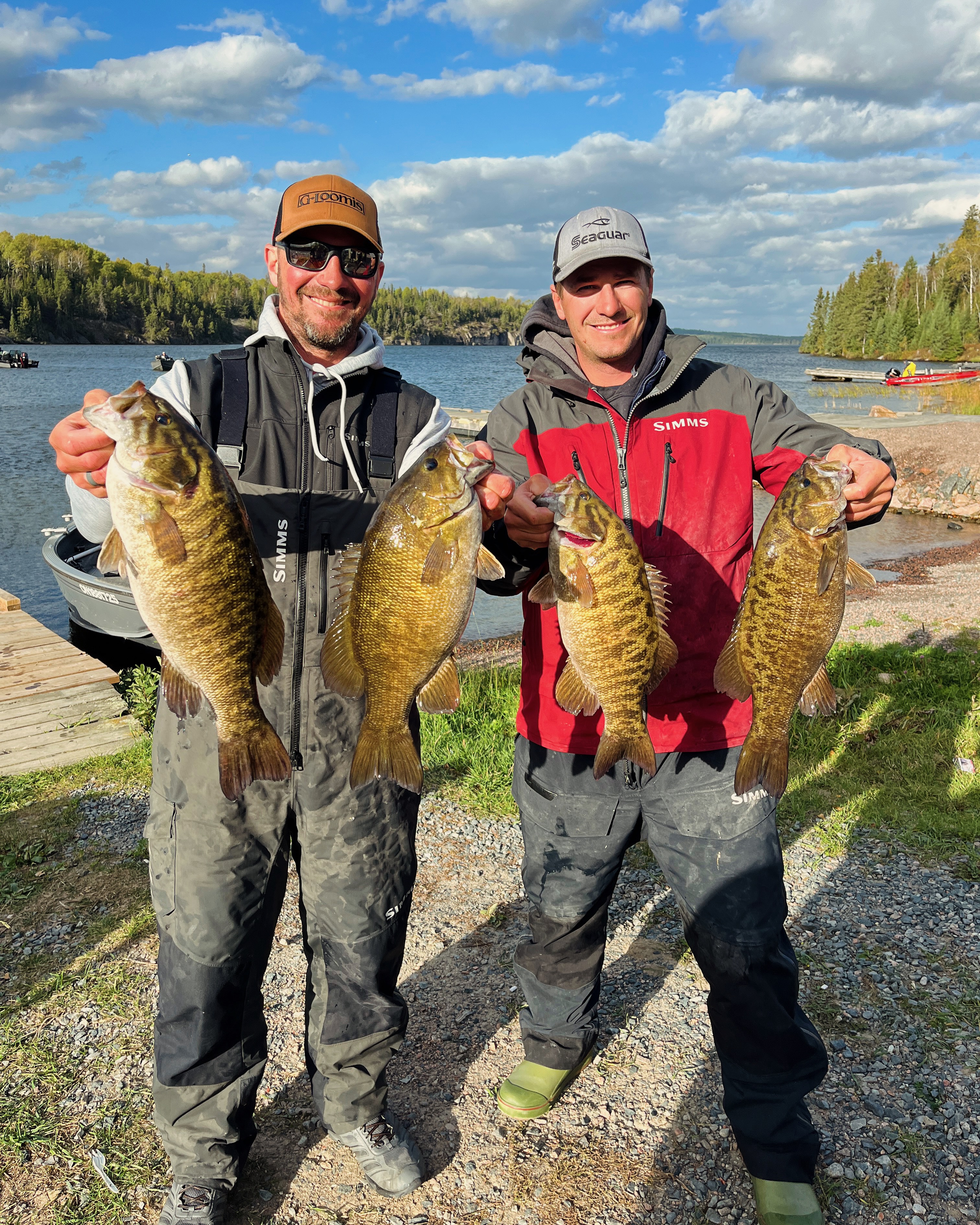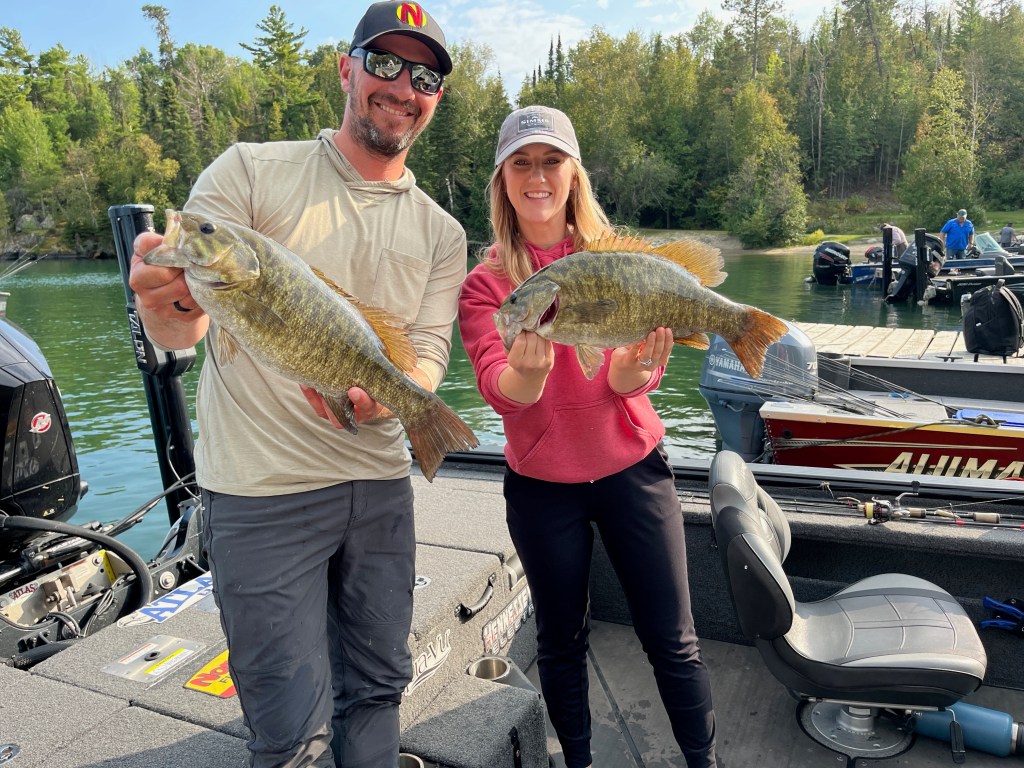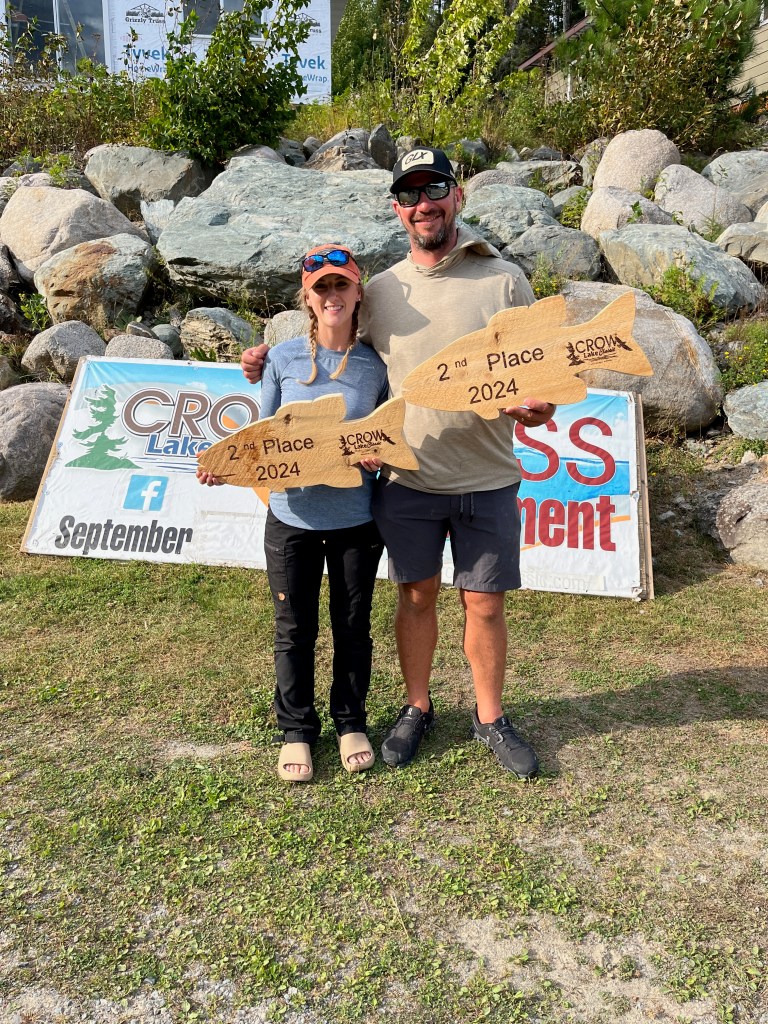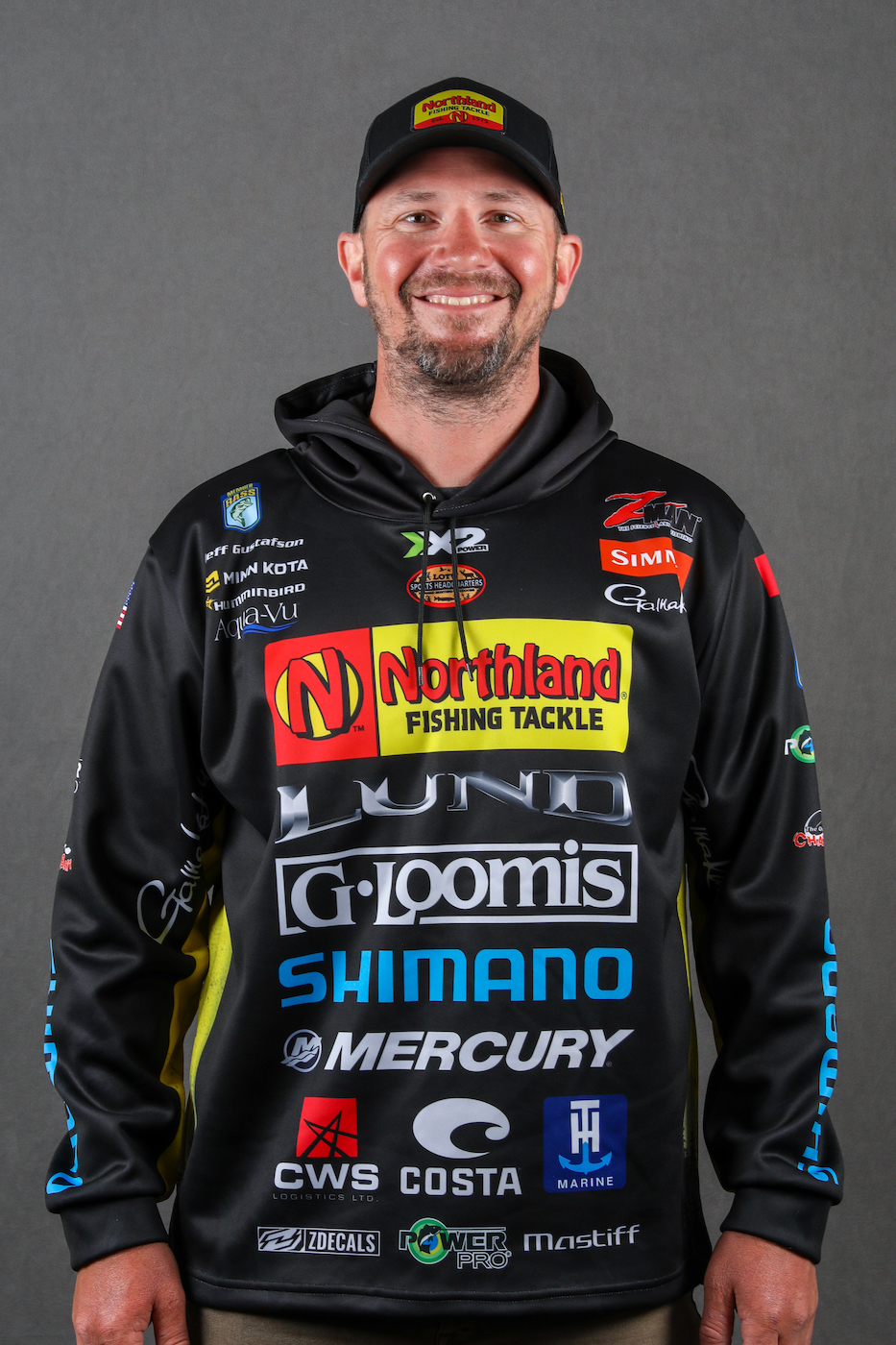
By the time the final Bassmaster Elite Series event rolls around in August, I look forward to finally getting to spend some time fishing around home. Especially after being on the road for much of the year. We have several good local tournaments in the fall around the Lake of the Woods area in Northwestern Ontario I really enjoy competing in.
These local tournaments are what gave me the bug to try and fish for a living. I cut my teeth fishing these events against some really tough anglers, and I still love to show up and fish whenever I can. Most of these tournaments have a $400 or $500 entry fee and 40 to 130 teams competing. These are all community-run events that have great payouts.
I don’t get to put as much practice in for these as I did when I was younger, and it shows because we take some beatings every now and then. However, I consider fishing these tournaments great practice for my real job — competing on the Bassmaster Elite Series.

One of the challenges of fishing locally versus fishing across the country on lakes and rivers we typically don’t know all that well, is we have to fight with fishing memories. These are our favorite spots — the places where we’ve had great success fishing in the past. These are the types of spots we don’t even bother checking in practice because we’re going to fish them in the tournament anyway, but that can lead to problems and create bad habits.
Every once in a while the memories pay off, resulting in a good finish or even a win. As anglers find more of the sneaky spots, with better mapping and utilization of electronics, relying on spots becomes tougher and tougher each season. The problem with showing up and fishing memory spots is that factors like fishing pressure, time of year, weather or presence of bait, amongst other things, can all factor into a spot or area being good from year to year.
When we are out on the Elite Series, we get a short practice of three days to try and break down a body of water. We’re forced to rely more on our instincts to find areas and patterns based on as many variables as we can put together. We fish the conditions more and try to figure things out on the fly. It’s easy to miss with this strategy too, but to make it to the top level in bass fishing, you must have some ability to do this.
When I’m fishing these tournaments around home, I have so many places where I have had success in the past, it’s hard not to try to hit them all. It’s something I fight with all the time because there are days that I know I would do better if I simply “fished the conditions.”

Having the ability to change on the fly and not carry sentimental memories when competing is a good skill. Every once in a while, knowing those little “fish here, fish there” spots can certainly pay off, but I think that’s why you don’t see local anglers win Elite Series events on their home waters as often as you would think they might.
There is no substitute for time on the water if you want to up your game. For me, competing in tournaments keeps me fishing at a higher pace than I would if I was fun fishing. I feel like this helps me get better. It’s also more time using my electronics and fishing in conditions that might not be ideal. I try to mix in new techniques when I get the chance.





